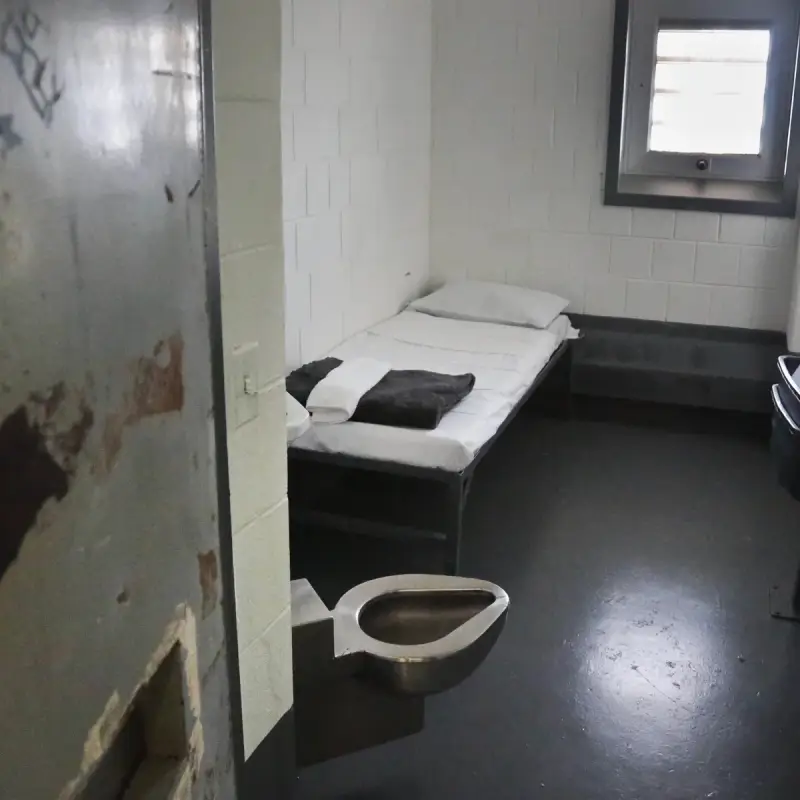
The death of 27-year-old Larynz Redd inside the DeKalb County Jail should disturb every resident of Metro Atlanta. Redd, found unresponsive in his cell on Saturday morning, became the seventh person to die in custody at the facility this year. Despite emergency efforts from the jail’s medical provider and DeKalb EMS, he could not be revived.
This tragic milestone is not just another statistic. With seven deaths so far this year—more than Fulton County Jail’s four—DeKalb’s facility has become a grim symbol of what happens when systemic neglect, overcrowding, and bureaucratic inertia collide. Behind every number is a person whose life ended under government care, raising hard questions about accountability and reform.
Experts and advocates have long warned that deaths in custody stem from a lethal mix: overcrowded conditions, unaffordable bail, delayed court proceedings, and inadequate access to medical and mental health care. These are not abstract issues they’re policy choices. When the state fails to invest in alternatives to pretrial detention, to speed up case processing, or to provide adequate treatment, the results are predictable and deadly.
Even officials acknowledge the system is failing. “We have a criminal justice [system] failure, and the sheriff’s office is right in the middle of it,” Fulton County Sheriff Patrick Labat told Capital B Atlanta earlier this month. That statement, while blunt, underscores a reality that stretches far beyond one county or one sheriff’s office.
DeKalb County Sheriff Melody M. Maddox said her office is “deeply concerned” about Redd’s death and the other in-custody fatalities this year. Concern, however, is not enough. Residents should demand transparency: full investigations into each death, public release of findings, and a clear plan for preventing future tragedies.
At its core, this is about basic human dignity and public trust. People held in county jails many of whom have not been convicted of a crime are entitled to safety and adequate care. When they die under government supervision, it signals a breach of that duty. DeKalb County, and Georgia at large, must confront this crisis head-on rather than simply reacting to each loss.
Until we address the underlying causes of these deaths, more lives will be lost behind bars quietly, out of sight, but on our collective conscience.




Add comment
Comments